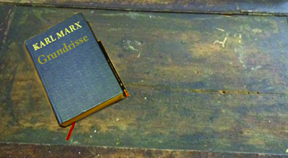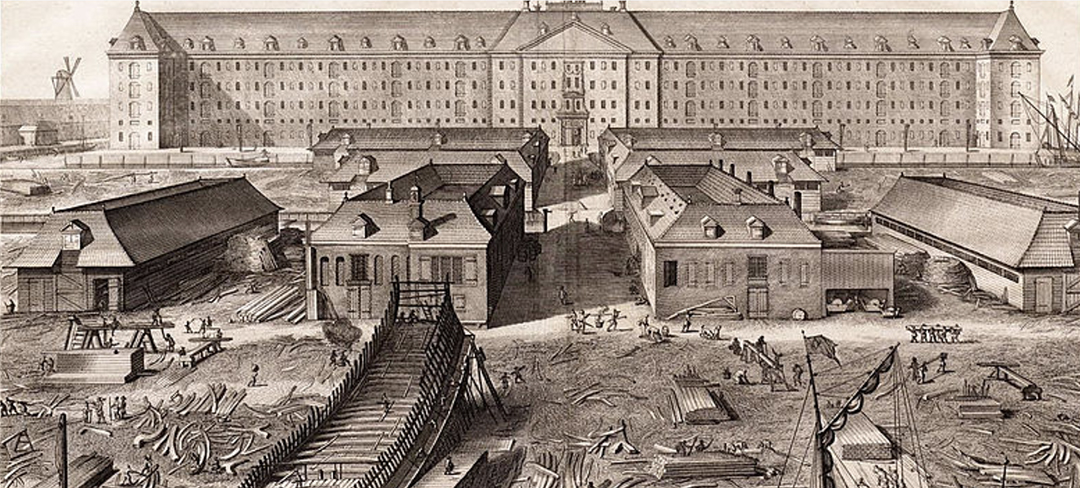Week of Events
Grundrisse
Grundrisse
In the Grundrisse Marx arguably bridges his early writings on philosophy and Hegel, and the writing and revisions of Capital that dominated much of the rest of his life. We will undertake a close, word by word reading of the text with a view to understanding the concepts that evolve within it. This first term will begin with the chapter on money.
Marx’s Inquiry into the Birth of Capitalism: Why Does It Matter?
Marx’s Inquiry into the Birth of Capitalism: Why Does It Matter?
As Marx argues, “original accumulation” of capital, the transformation of pre-capitalist to capitalist social relations, is not explained by the fairy tale of wise and thrifty household producers getting wealthy by their own labor. John Milios’ research into the “pre-capitalist money owner”, the role of commodity production (as opposed to production for direct consumption) based on slave labor in the ancient world, and the development of ”contractual money begetting” production in Europe in the middle ages, helps us understand what is and is not capitalism. He critically analyzes both Marxist and non-Marxist literature. He uses the rise and fall of the Venetian mercantile republic as a case study. He concludes that “No version of capitalism is the realm of ... freedom or justice. Capitalism is a social system in which ... coercion guaranteeing economic exploitation of the ruled by the rulers is incorporated into the economic relation itself.”


